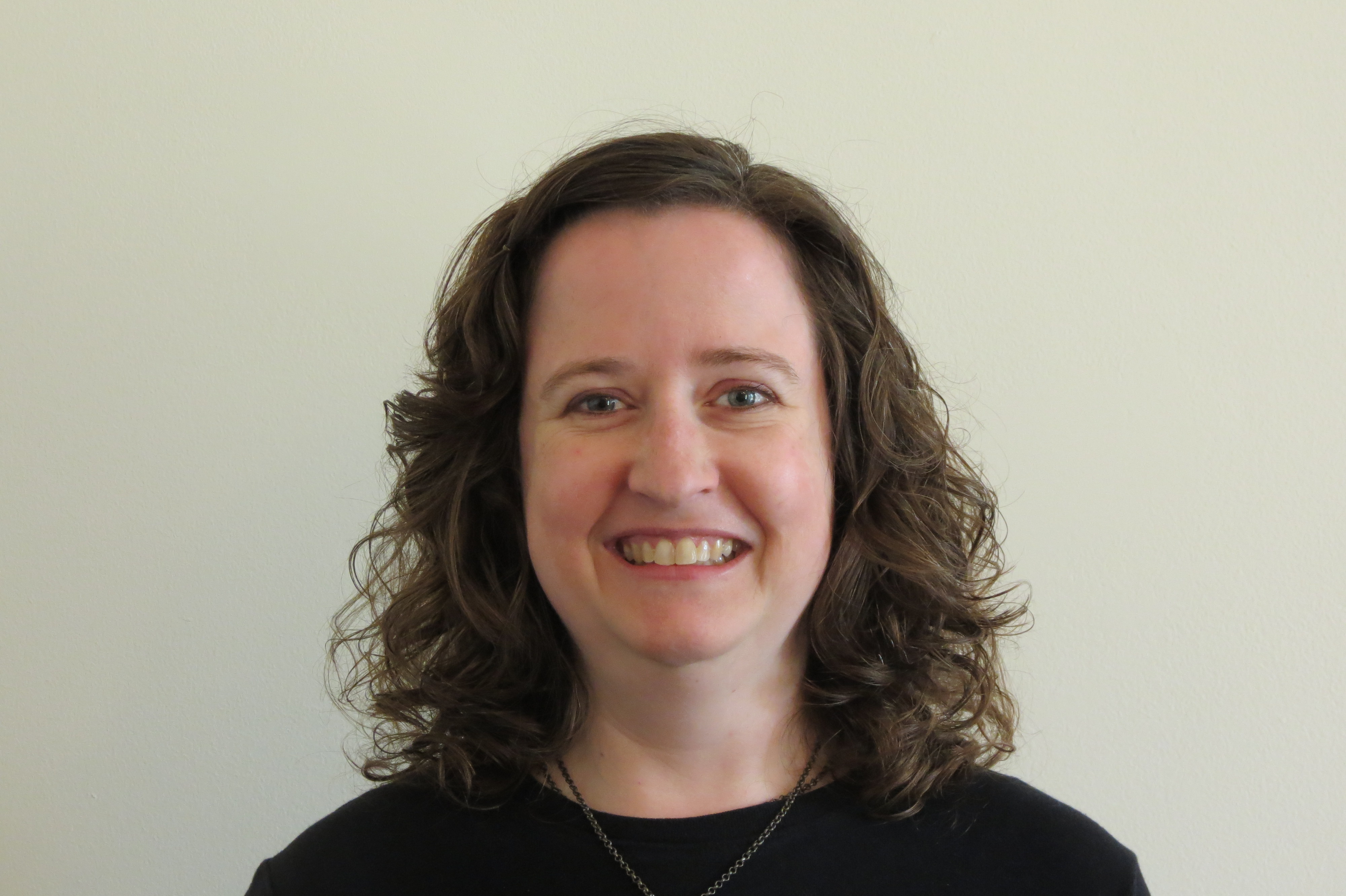Give me your healthy, your wealthy, your huddled college graduates

MCC Photo
Give me your healthy, your wealthy, your huddled college graduates
Tammy Alexander, Mennonite Central Committee U.S. Washington Office
As the U.S. Congress considers legislation to protect Dreamers (undocumented immigrants brought to the United States as children) they are also debating a number of policies regarding what type of immigrants we should welcome into the United States.
Some proposals would move us to a more merit-based system while limiting family-based and other forms of immigration. Limiting family migration could mean no longer allowing people to petition to bring their siblings, parents, or adult children to the U.S. Discussions also involve ending the Diversity Visa Lottery program which brings immigrants from “underrepresented” countries.
The Diversity Visa Lottery was established by Congress in 1990 with overwhelming bipartisan support and was signed into law by President George H.W. Bush. More than 5 million people apply for the program each year with visas awarded to about 50,000 persons from countries with relatively low immigration rates to the U.S. Applicants must have a high school education or two years of work experience and undergo thorough background checks. In 2015, nearly half of those who received visas were from countries in Africa. (Read more about one recipient.)
This debate comes on the heels of racist comments made by President Trump deriding immigrants from Haiti, El Salvador and countries in Africa as being without merit—remarks referring specifically to immigrants in the U.S. through the Temporary Protected Status and Diversity Visa Lottery programs. In fact, immigrants from sub-Saharan Africa have higher levels of education than the U.S. population as a whole.
Regardless, no person’s worth should be measured by how many college degrees one possesses. Few white Americans judge their ancestors by such criteria. European-American ancestors are held up as hardworking immigrants who, in many cases, struggled with persecution and poverty but contributed to their new communities in numerous ways. The poem etched at the base of the Statue of Liberty reads, “Give me your tired, your poor, your huddled masses yearning to breathe free.” It does not say, “Give me your healthy, your wealthy, your huddled college graduates.”
Immigrants in our communities today are teachers, doctors and pastors. They are also farmworkers, caregivers and construction workers. Our culture often devalues the latter set of roles, but putting food on our tables, caring for our young and old and building our communities (and often rebuilding them after natural disasters) are vital roles in our society. Each person brings different gifts to the body, each is important and sometimes the members of the body that seem to be the weakest are in fact the most indispensable (1 Corinthians 12).
And just how do we measure the potential “merit” of a refugee child escaping violent conflict? Of a young woman or a middle-aged man searching for a better life? Hebrews 13:1-2 reminds us to “show hospitality to strangers, for by doing that some have entertained angels.” The hospitality we are called to practice as Christians does involve risk. It also involves great reward.
Call on your members of Congress to pass legislation that protects Dreamers without excluding the many blessings other categories of immigrants bring.
Photo: Faith leaders and immigrant rights advocates rallied for #Not1More deportation outside the White House in 2014. (MCC Photo/Agnes Chen) This week, the U.S. Senate began debating legislation to protect Dreamers but possibly exclude other categories of immigrants.




